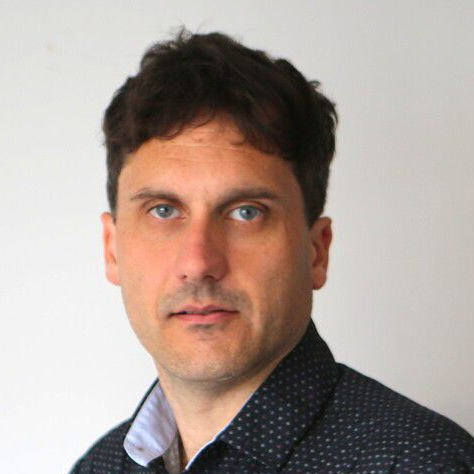The $2.45m for 2018/19 is split between that capital contribution and variable costs associated with treating and disposing of waste which will be set on an annual basis alongside rates.
Each year through the council's annual plan will look at budgeted costs and what has been measured the previous year to set trade waste fees for the year.
"Really, it's about a year of operating the plant and knowing what the real costs are but we've had enough experts looking at the modelling of the plant to know what it's going to cost to operate," council chief executive Kym Fell said.
Council's general finance manager Mike Fermor said the fees were "not insignificant" but was lower than what was being discussed a few years ago.
"So we've worked with them to get a model that is fairer for everybody," Fermor said.
"These have been ongoing discussion with industry. This is about ensuring industry staying in town. We want that (but) we don't want the ratepayer to subsidise industry either.
"I think after two years we're at the right place now."
The wet industries are minor contributors to wastewater quantities (about 20 per cent of volume) but make a significant contribution to the loads treated by the plant and will be responsible for over half the sludge expected to be produced.
Fell said council had tried to keep costs for the industries down while ensuring they paid a fair share of the capital costs.
"It's not fair for us to put those costs back on to the old lady who lives in Springvale that flushes the toilet once in the morning and once in the afternoon, that's not on, we've got to be fair and equitable."
He said council wanted the industries to have certainty and was hoping to get a statement of methodology passed by councillors which meant council would have to start talking to industry before any future changes.
"We don't want a new bunch of councillors to come in and change the game on them," Fell said.
Affco and Tasman Tanning have been contacted for comment.
